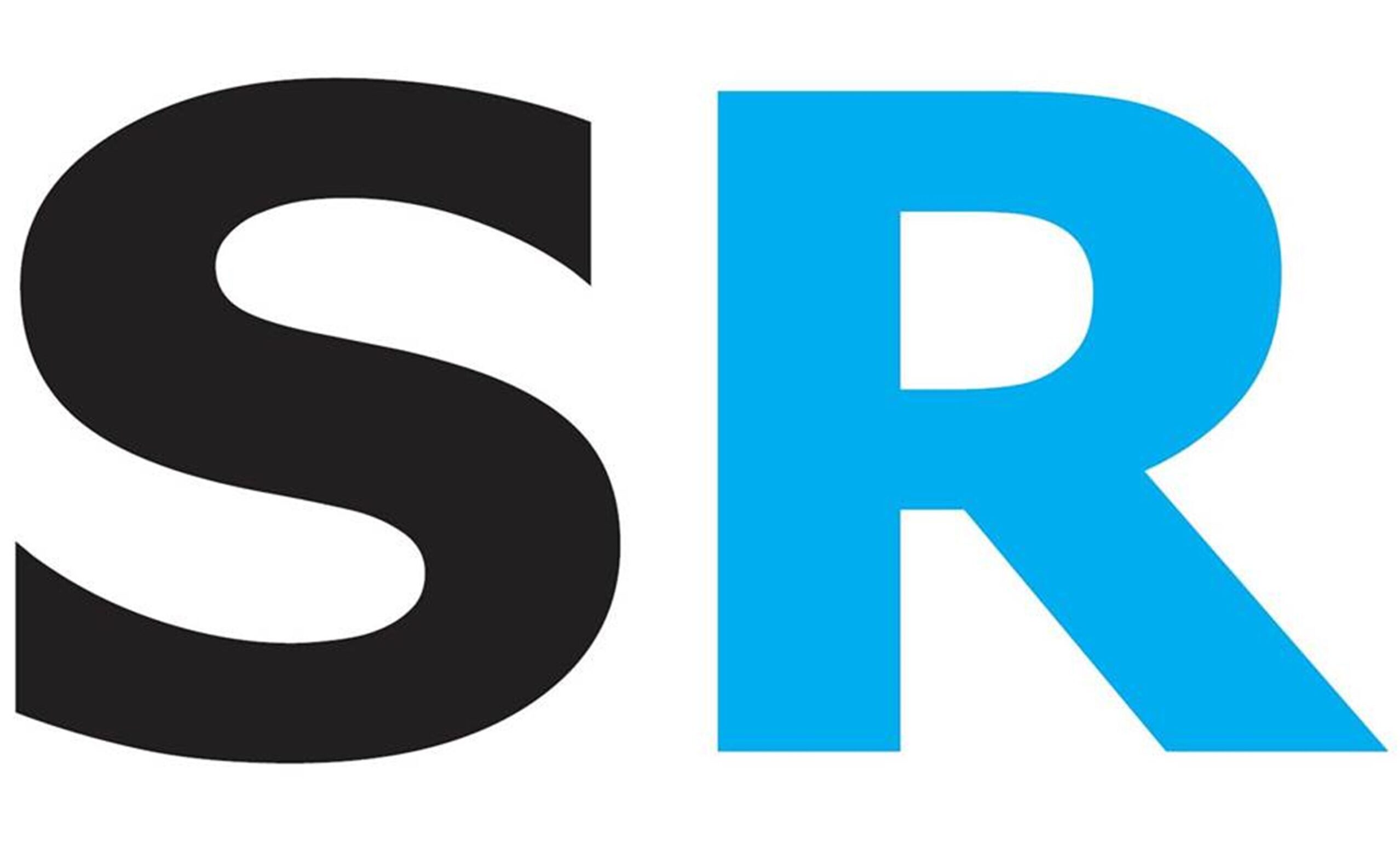Reflective reviews in industries like manufacturing and light industrial are not just routine exercises; they’re strategic tools for growth. These reviews go beyond acknowledging past accomplishments, aiming to align future efforts with evolving market demands. They’re essential in fostering continuous improvement, a pillar of competitiveness in fast-paced business environments.
Understanding Your Achievements
Evaluating Past Performance
Effective reflective reviews require a deep analysis of past performance, assessing successful strategies, challenges faced, and lessons learned. This introspection is invaluable in sectors where continuous improvement dictates market competitiveness. It’s about understanding what worked and why, which sets the stage for future planning.
Question: What specific strategies or actions led to our key achievements this year, and how can we replicate this success in different areas?
Question: In what ways have our achievements surpassed our initial goals, and what does this indicate about our potential?
Celebrating Successes
Acknowledging and celebrating successes is crucial in any dynamic work environment. It’s not just about recognizing major achievements; even small victories matter. Celebrating these milestones boosts morale and drives motivation, reinforcing a positive and productive work culture. It’s a tangible way of showing appreciation for hard work and dedication.
Question: What smaller victories had the most significant impact on our team’s morale and why?
Question: How did our approach to celebrating successes foster a positive work culture, and what improvements can we make?
Setting Future Goals
Aligning Goals with Business Strategy
Future objectives should be more than just a list of desired outcomes; they need to align with broader business goals. This alignment ensures that everyone’s efforts contribute to the company’s overall success. In industries like manufacturing, this might mean setting goals around production efficiency or innovation in product development.
Question: How do our proposed goals for the next quarter align with our long-term business strategy?
Question: What are the key skills and resources we need to achieve these future goals, and how do we plan to develop them?
Investing in Employee Development
Employee development is a crucial aspect of future planning. It involves identifying and nurturing the skills needed for future success. In the modern job market, this often means focusing on soft skills alongside technical abilities. A well-developed team is adaptable and equipped to meet the challenges of a changing business landscape.
Question: Which skills have proven most valuable this year, and how can we further develop these in our team?”
Question: How can we better align our employee development programs with the evolving needs of our industry?
Effective Communication Strategies
Fostering Open Dialogue
Open and effective communication between managers and employees is foundational for successful goal-setting and achievement. It’s about creating an environment where feedback is actively sought, valued, and utilized. Such a culture of openness is essential for continuous improvement.
Question: What communication methods have been most effective for our team, and how can we improve them?
Question: How can we create a more inclusive environment where every team member feels comfortable sharing feedback?
Utilizing Feedback for Growth
Feedback, both positive and constructive, is a key component of employee growth. It provides insights into areas of strength and opportunities for improvement. Regular, honest feedback aligns employee development with the company’s growth trajectory, creating a workforce that’s competent and confident.
Question: Can you provide an example of how feedback led to a positive change in your work or approach?
Question: What processes can we implement to ensure feedback is consistently constructive and actionable?
Embracing Change and Overcoming Challenges
Adapting to Industry Trends
In rapidly evolving sectors like manufacturing and light industrial, the ability to adapt to industry trends and changes is critical. Businesses need to be agile, with an eye on current market dynamics and future industry shifts. This adaptability is essential for setting relevant and achievable goals.
Question: How have we adapted to recent industry changes, and what can we do to be more proactive in the future?”
Proactive Problem-Solving
Facing challenges head-on and developing strategies to overcome them ensures business resilience. This proactive approach to problem-solving is vital for achieving goals. It’s about anticipating potential obstacles and having contingency plans in place.
Question: What challenges are we anticipating in the upcoming period, and how are we preparing to tackle them?
Leveraging Reflective Reviews for Business Excellence
At Staff Right Solutions, we specialize in providing staffing solutions tailored to your industry’s unique needs. Our goal is to help you find the talent that aligns perfectly with your business objectives. With the right people in the right roles, your business is set to achieve its goals and drive forward to new heights of success.
Ready to partner with us? Contact us today to learn more about how we can assist you in building the ideal team for your business!
